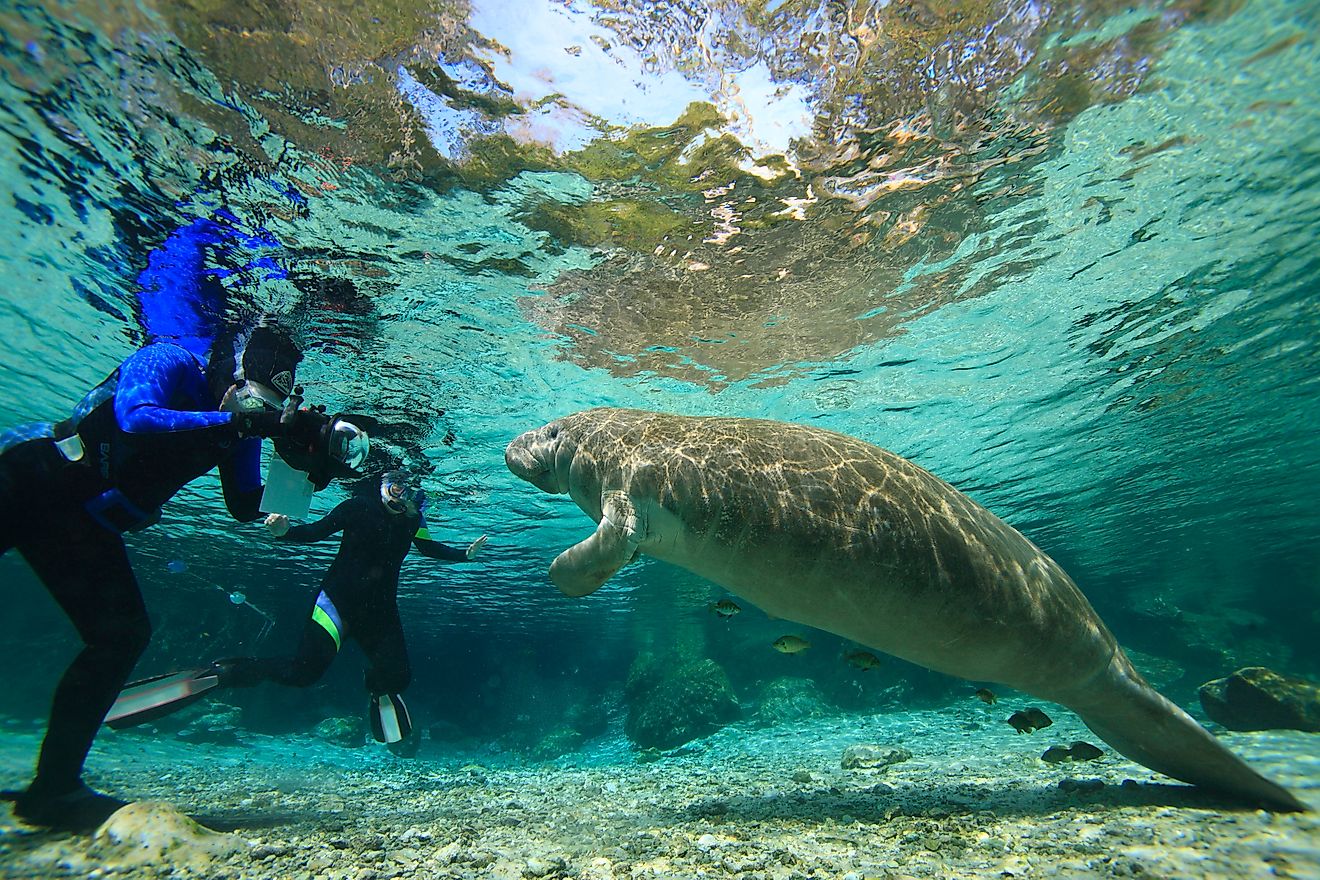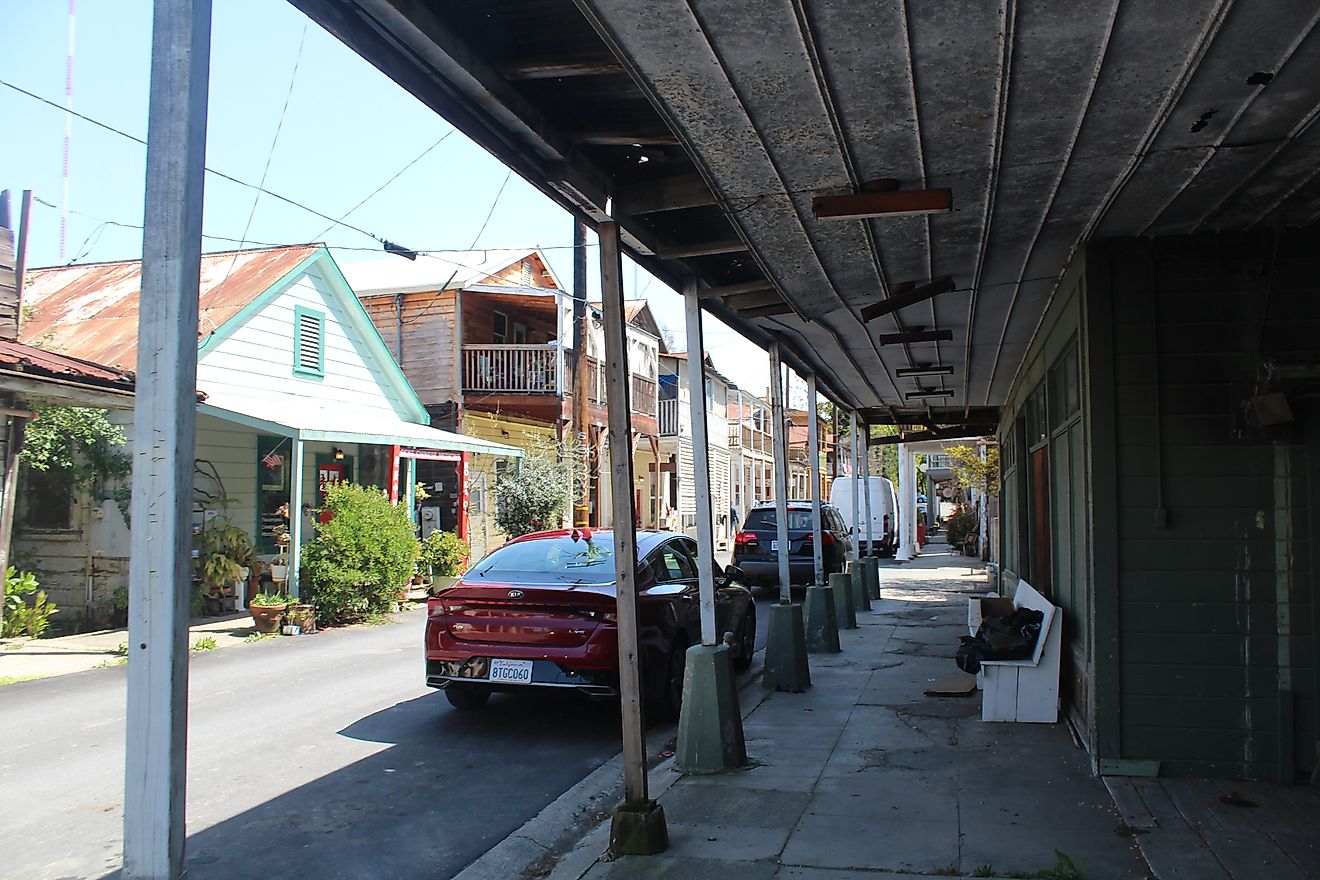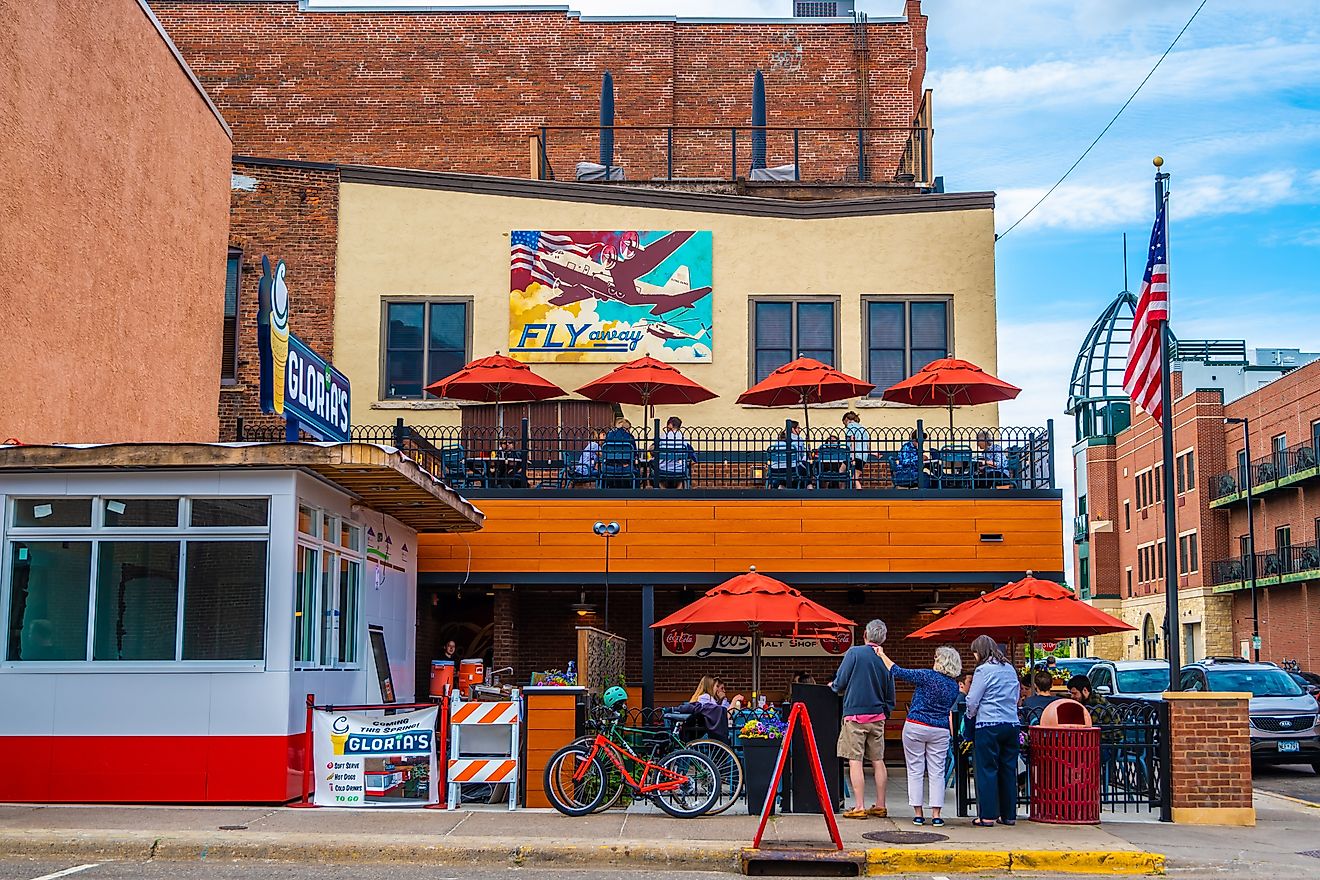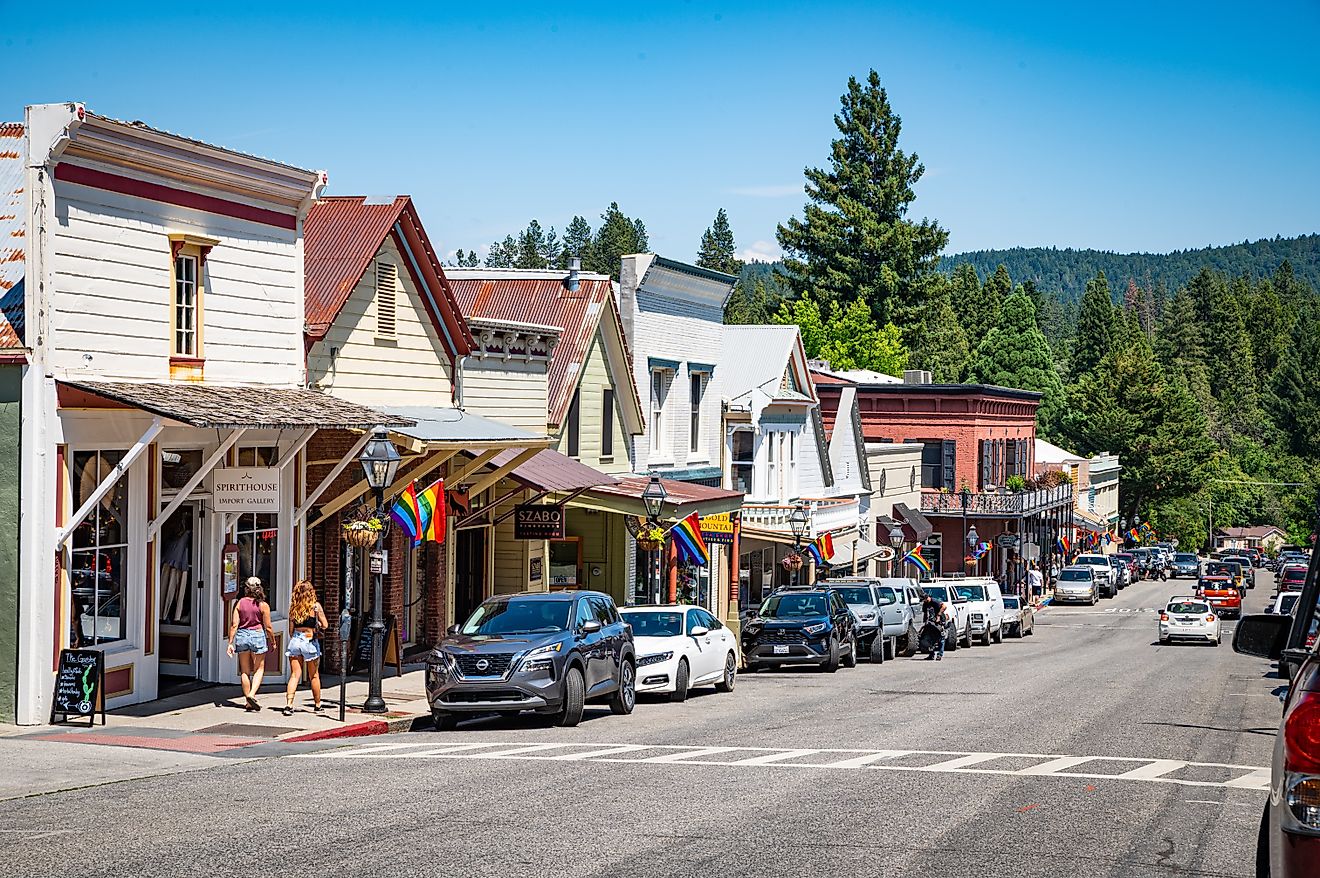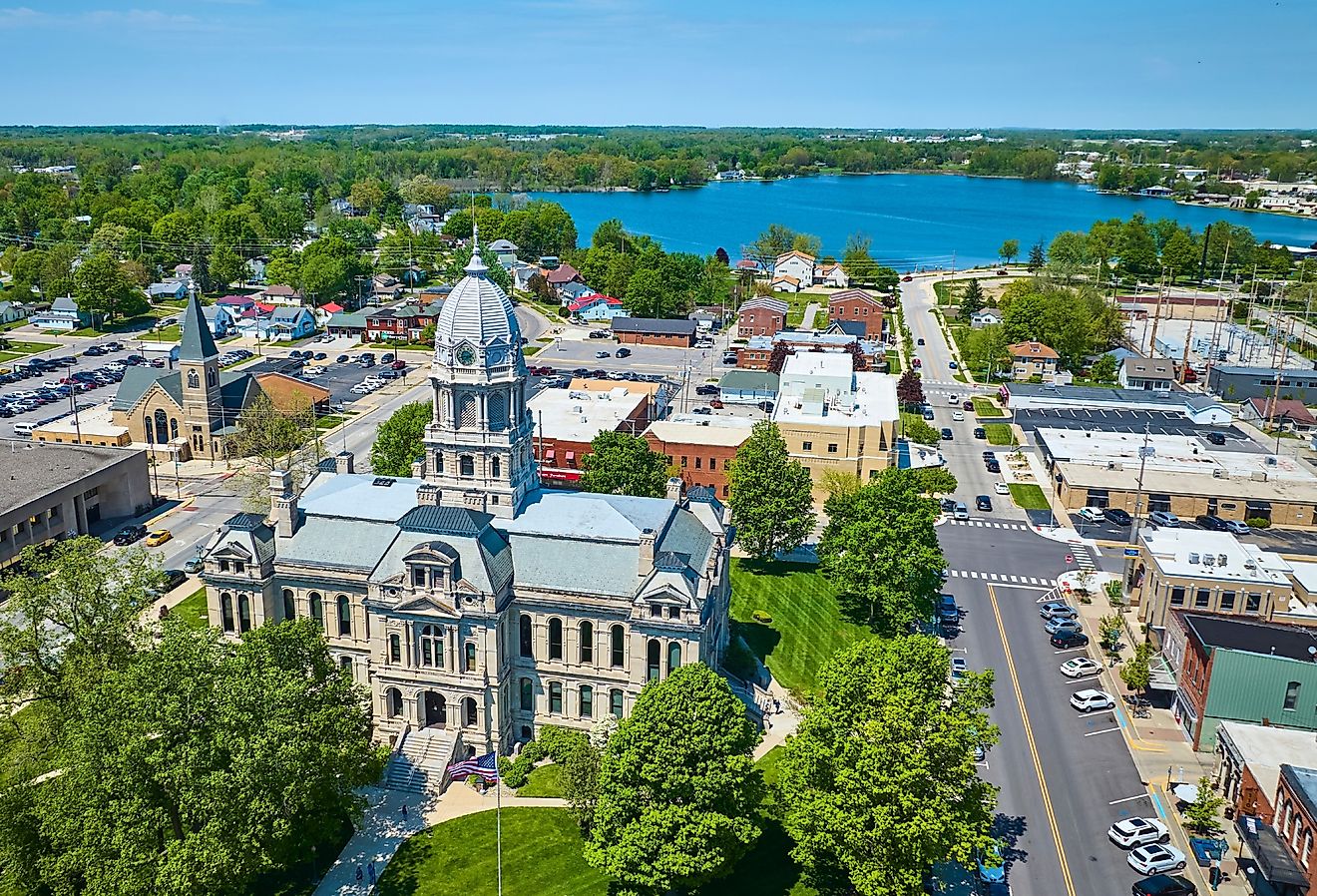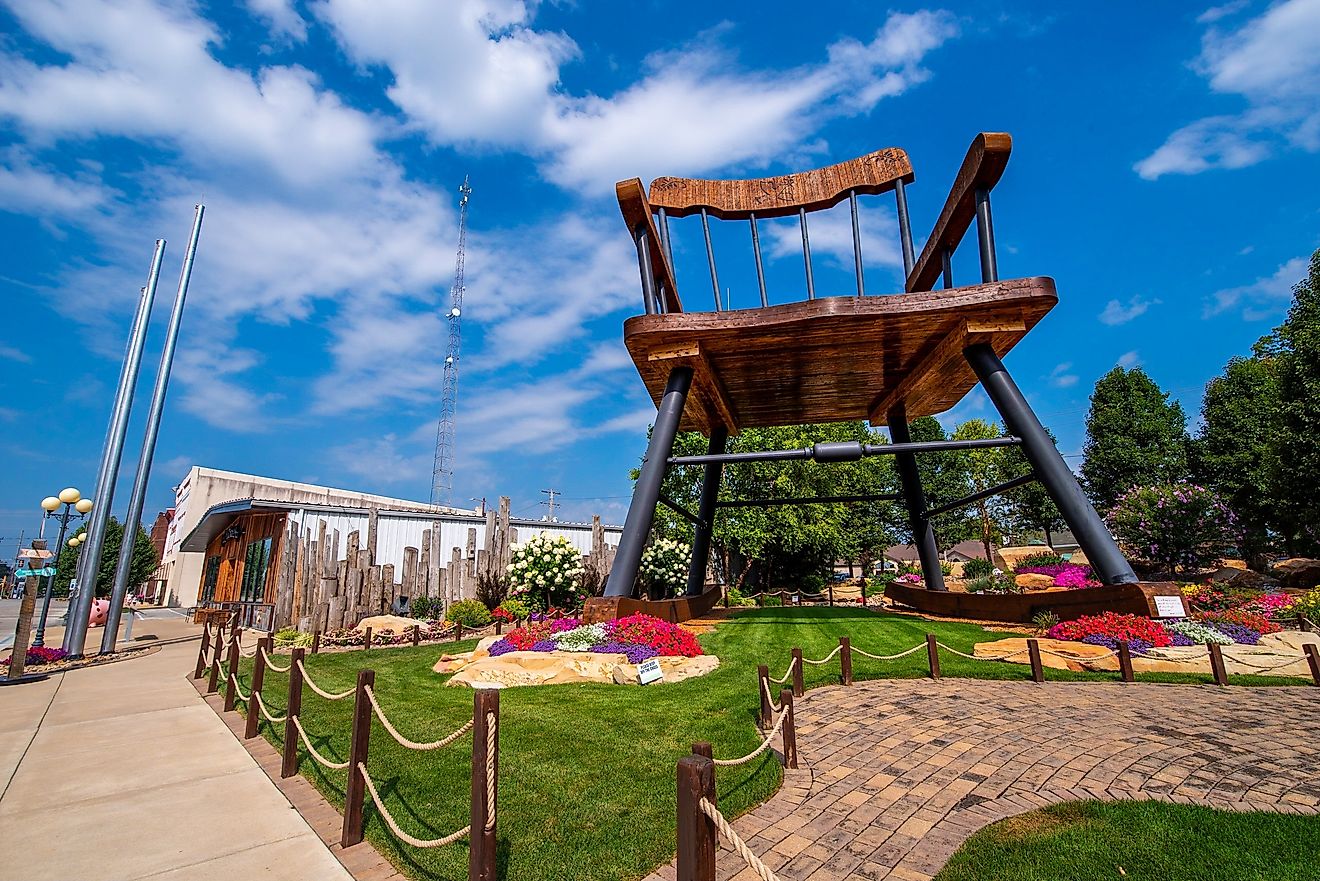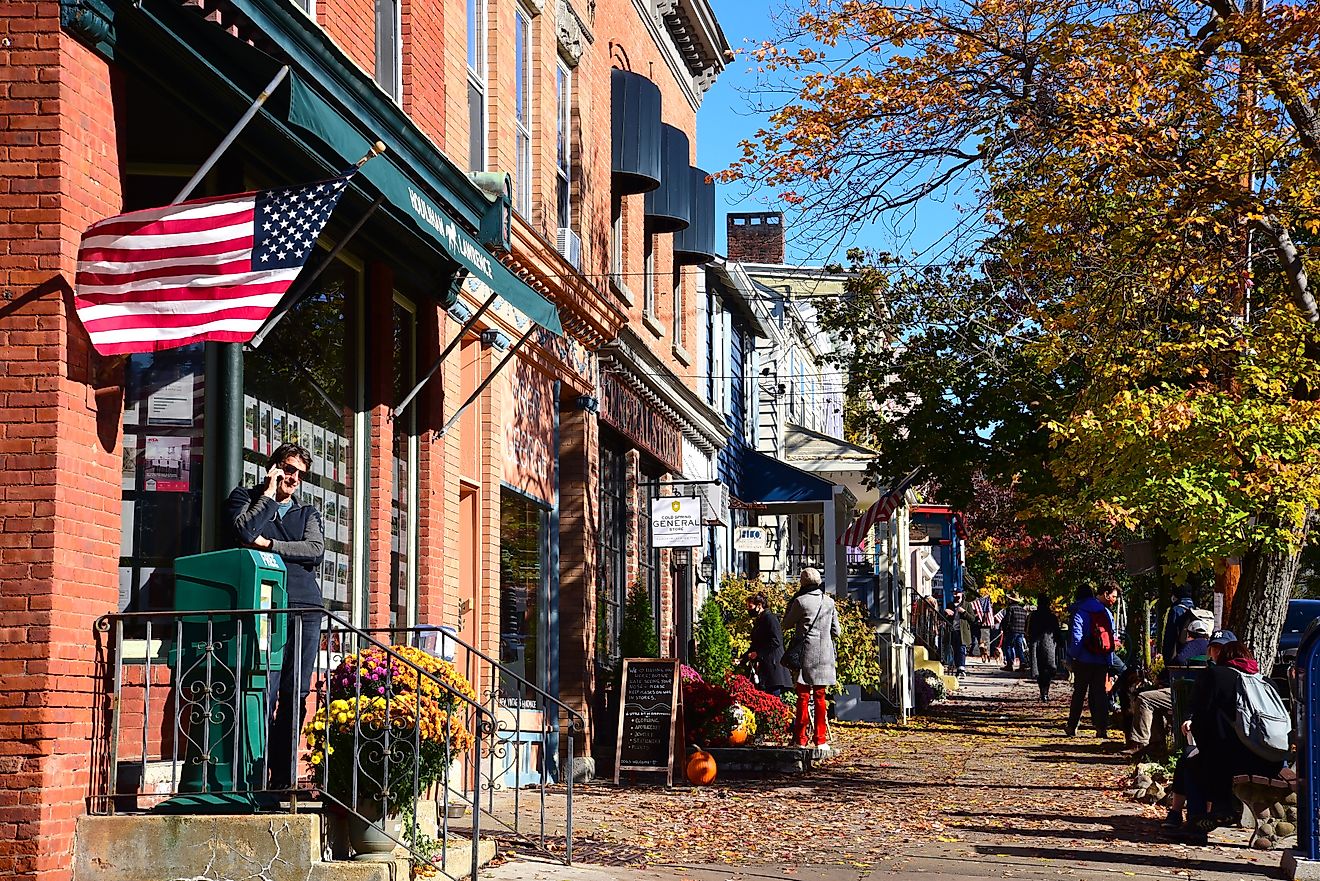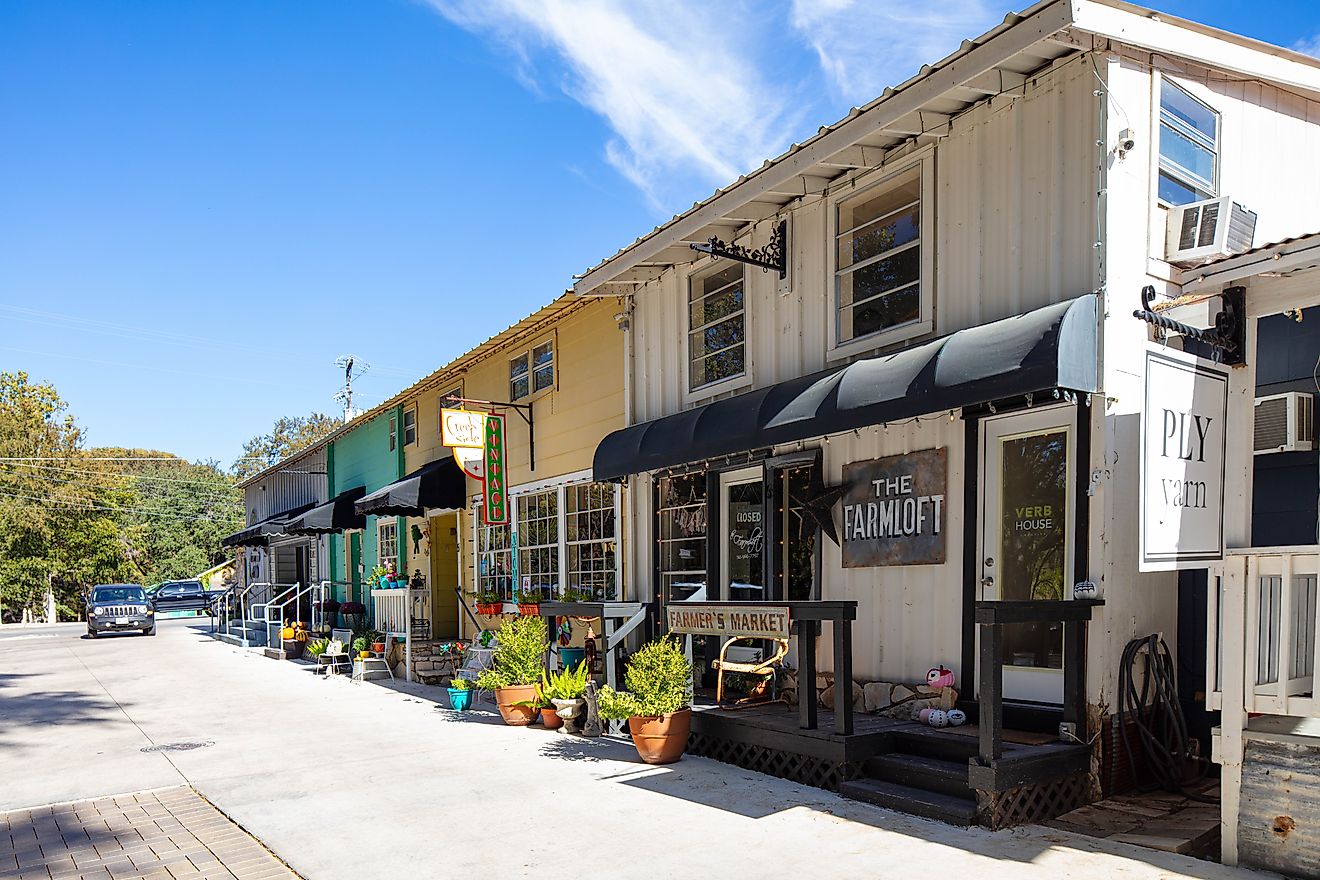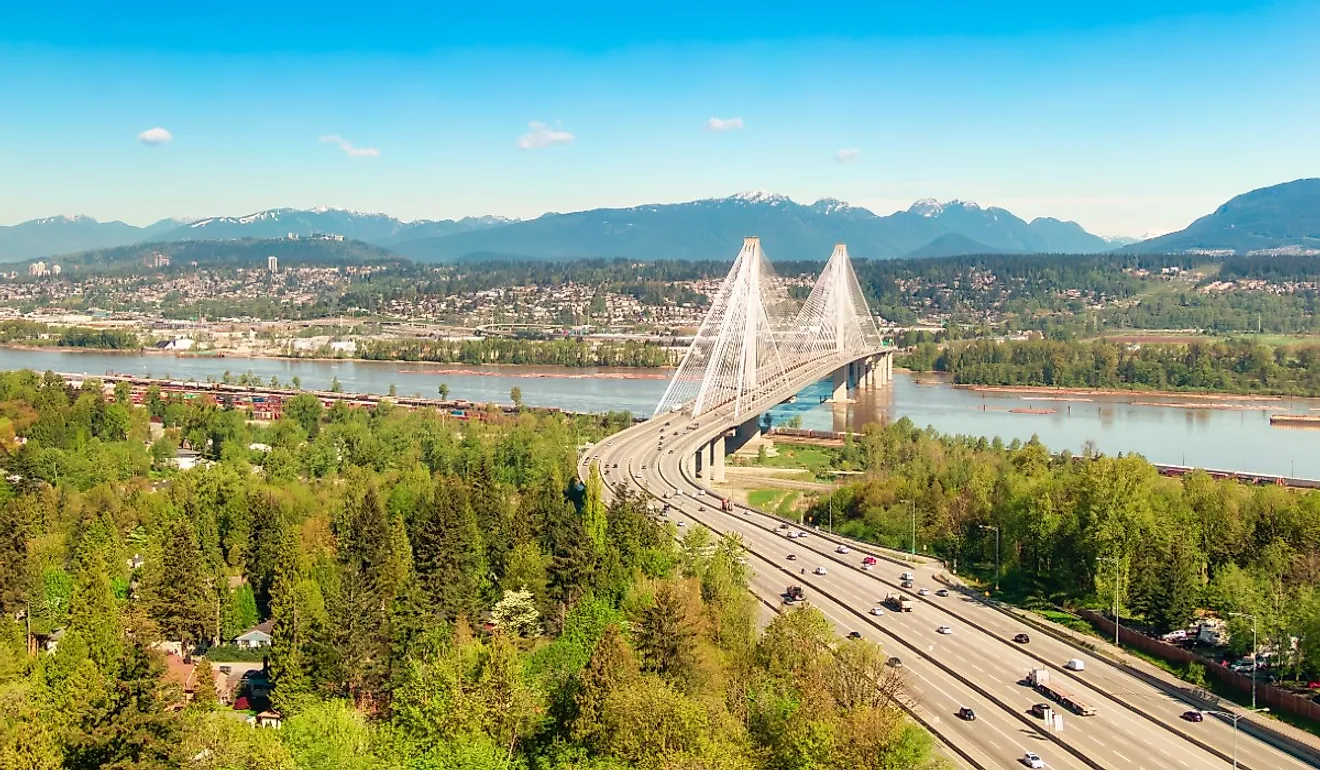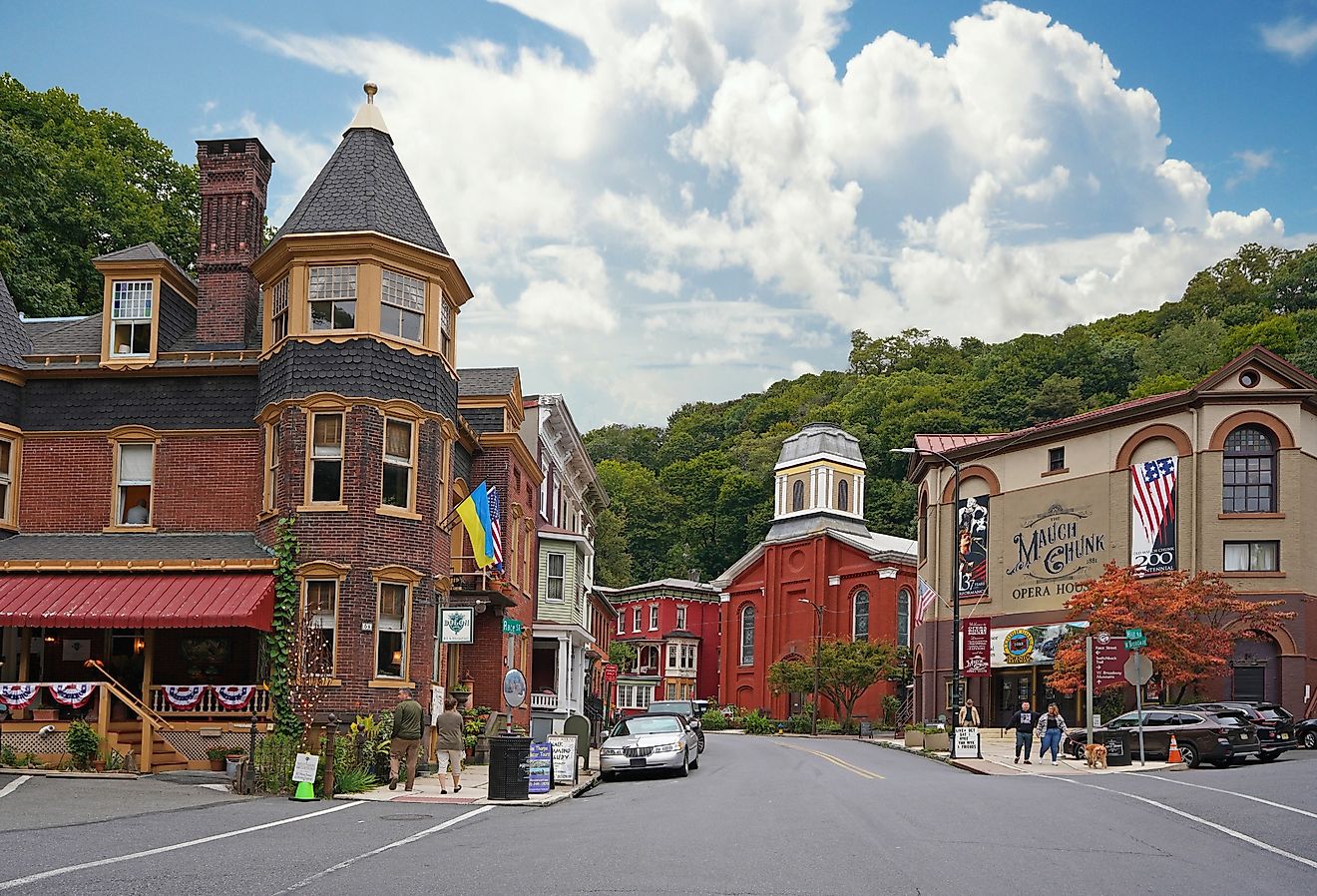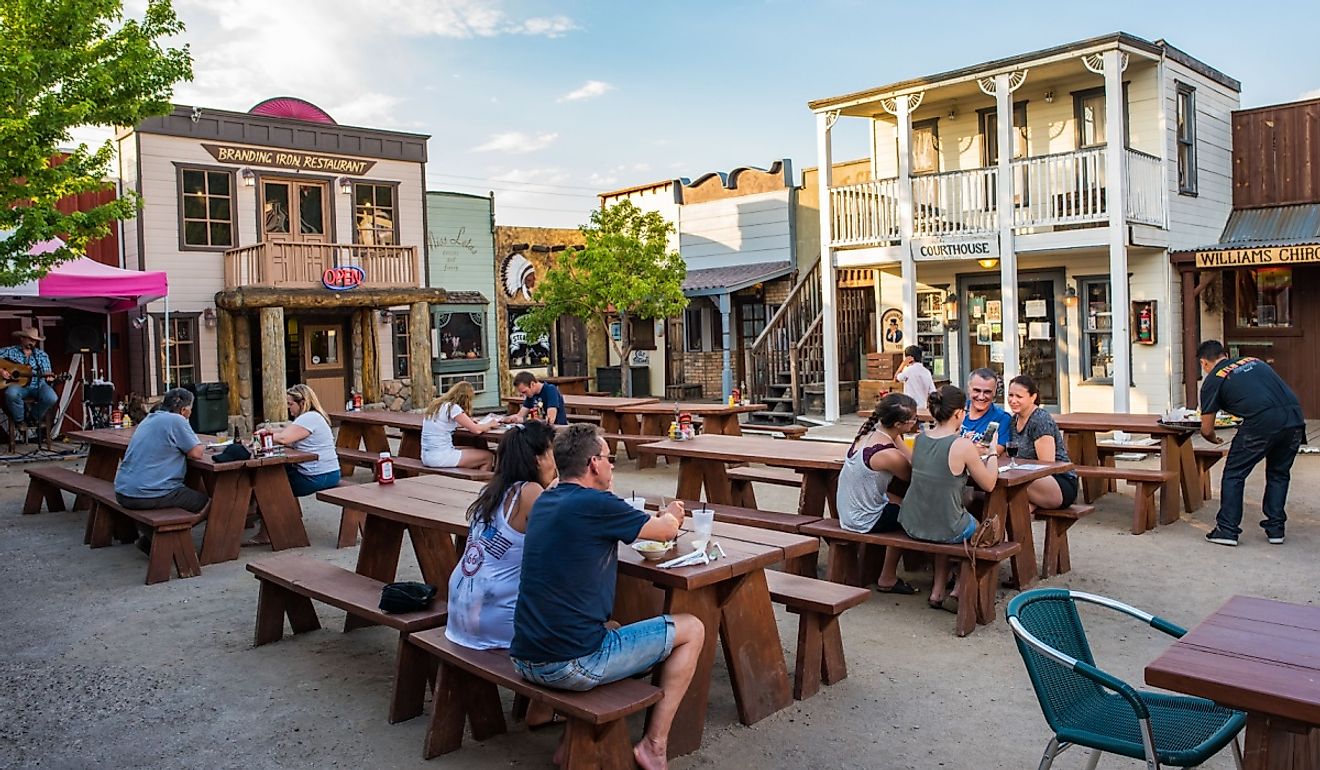
Terlingua, Texas
Terlingua is a census-designated place situated in the southwestern part of Brewster County in the western portion of the US State of Texas. Terlingua was initially established as a quicksilver mining town, but both the town and the mines were abandoned, turning Terlingua into a ghost town. It is believed that the name “Terlingua” may have been derived from the word “Tres Lenguas,” which in Spanish means “three tongues” and refers to a mine or a local feature of the town.
Geography Of Terlingua

Nicknamed as the “Terlingua Ghost Town,” Terlingua is situated close to the Rio Grande River, the unincorporated community of Lajitas, the census-designated place of Study Butte and the Mexican State of Chihuahua. Located at the edge of the Big Bend National Park and Big Bend Ranch State Park, Terlingua covers a total area of only 28.5 sq. km. Geological studies have revealed that the region’s geology is mainly defined by the Terlingua Uplift and the Solitario Dome. The Terlingua Monocline marks the uplift’s southwestern and southern flanks. The most common mineral ore found from Terlingua is the cinnabar. Found as fillings in fractures in igneous rocks, cinnabar serves as the most common source ore for Mercury. About 100,000 flasks of quicksilver were produced from the Chisos Mine in Terlingua. The second-most important mine in Terlingua was the Mariposa Mine which produced about 20,00 to 30,000 flasks of quicksilver. The Study Butte Mine was considered the area’s third-largest producer of quicksilver.
Climate
According to the Köppen climate classification, Terlingua experiences a mild desert climate. In June, the highest average temperature in Terlingua is 35°C, while in January, the lowest average temperature is about 17°C. On average, Terlingua has 245 sunny days per year and receives a large amount of sunshine throughout the year. The town gets an average annual rainfall of 12 inches.
The Population And Economy Of Terlingua
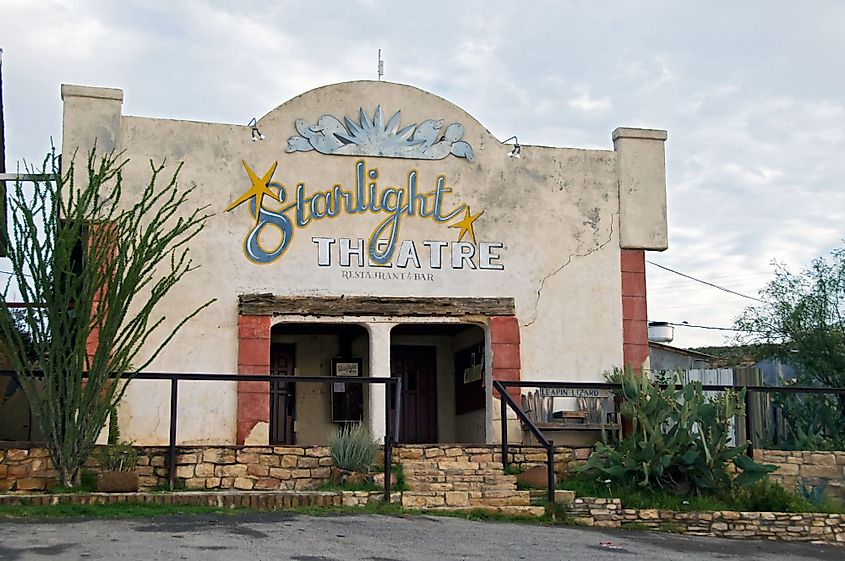
In 2019, Terlingua had a population of 110 people with a median age of 62.7. The largest ethnic groups in Terlingua are the non-Hispanic White representing 94.5% of the town’s population, and the Hispanic White at 5.45%. All the households in Terlingua speak English as their primary language, and 100% of Terlingua residents are considered U.S. citizens. The median household income in Terlingua as of 2019 was $41,250, and the median property value was $163,300. The average car ownership in Terlingua was two cars per household.
Tourist Attractions In Terlingua

Located close to the Big Bend National Park, the town of Terlingua serves as a popular destination for tourists who come to visit the National Park. Some outdoor recreational activities tourists enjoy in Terlingua include camping, motorcycling, hiking, mountain biking, rafting, canoeing in the Rio Grande River, etc. The town also serves as a venue for the annual “chili cookoffs” cooking competition that attracts more than 10,000 “chiliheads.” The Terlingua Cemetery, located close to the general store, contains the town’s earliest graves and is still used by the residents of Terlingua even today.
Brief History Of Terlingua

It is quite challenging to cite the exact date and location of the first quicksilver recovery in Terlingua. It is believed that the cinnabar was known to the Native Americans who used its bright red color to make the pictographs. In 1888, the first mercury in Terlingua was produced by Jack Dawson. However, this finding from Terlingua was not publicized in the local mining industry magazines and newspapers until the mid-1890s. By 1900, about 1000 flasks of mercury were recovered by the four mining companies in the district: California, the Excelsior, Lindheim and Dewees, and Marfa and Mariposa. By 1903, these four mining companies were joined by three other mining companies. Ohio resident Howard E. Perry established the historic Chisos Mining Company in Terlingua on May 8, 1903. The production of quicksilver peaked during the First World War. But soon after the war, the market for mercury declined quickly. On October 1, 1942, the Chisos Mining Company went bankrupt. After the Second World War and with the abandonment of the mines, the population of Terlingua declined drastically, and it soon turned into a ghost town.
